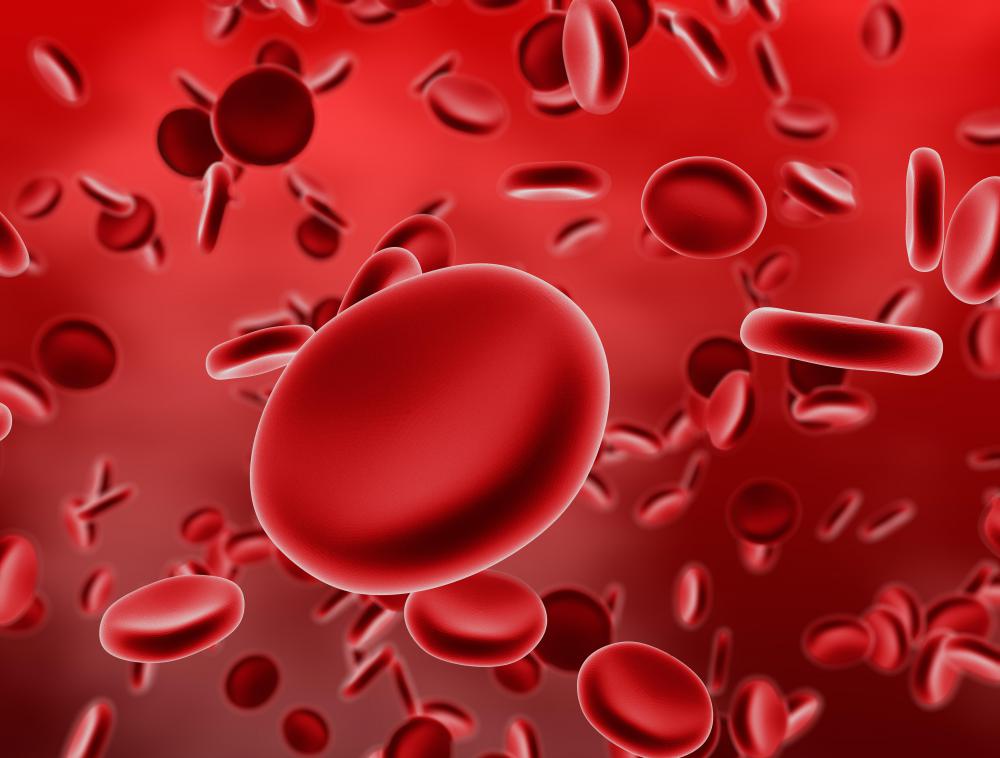At WiseGEEK, we're committed to delivering accurate, trustworthy information. Our expert-authored content is rigorously fact-checked and sourced from credible authorities. Discover how we uphold the highest standards in providing you with reliable knowledge.
What is Vidaza®?
Vidaza® is a chemotherapy drug used to treat bone marrow disorders classified under the category of Myelodysplastic syndrome (MDS). These include refractory anemia; refractory anemia with excess blasts and with excess blasts in transformation; in some cases, refractory anemia with ringed sideroblasts; and chronic myelomonocytic leukemia. Using Vidaza® as prescribed may lower a person's need for red blood cell (RBC) transfusions to raise his or her blood cell count. This drug is administered intravenously or as a once daily injection.
Vidaza® belongs to a class of drugs called DNA demethylating agents. DNA methylation helps regulate gene expression in cells; increased levels of DNA methylation may prevent the body from controlling cell growth, which can cause cancer. Vidaza® interferes with increased DNA methylation, reducing abnormal cell growth and reducing the severity of some diseases or cancers.

Vidaza® also acts as an antimetabolite, which is incorporated into the cancer cell's metabolism. Antimetabolites are almost identical to normal metabolic substances within the cell, so the cell readily accepts the antimetabolite. In turn, this allows the antimetabolite to act as a toxin inside the cancerous cells, causing cell death and preventing the cancer from spreading.

This drug may or may not be used with other chemotherapy drugs and is commonly used as part of a chemotherapy program. The dose of the drug is determined by the severity of the cancer or disease and the doctor's own recommendations. A person's current health problems, height and weight also play a key role in dosage decisions.
There are numerous side effects associated with Vidaza®. Many patients experience nausea, anemia, low platelet count, vomiting, and fever. Additional side effects may include low white blood cell count, diarrhea, fatigue and constipation. These effects can also make a person more susceptible to infections or uncontrolled bleeding.
Less common side effects associated with Vidaza® include shortness of breath, weakness, chills, and joint pain. Some patients also experience muscle pain, headache, loss of appetite and gastrointestinal or abdominal pain. Upper respiratory infections and decreased potassium levels also are possible.
Patients often are advised to take additional medications and precautions while on Vidaza® to prevent serious complications. Doctors recommend drinking at least 2 to 3 quarts (about 1.9 to 2.8 liters) of fluid every 24 hours, avoiding people or crowds with colds, taking a stool softener to prevent constipation and avoiding tasks that require a person to be alert. Abstinence from alcohol and excessive sun exposure are highly recommended as well.
AS FEATURED ON:
AS FEATURED ON:












Discuss this Article
Post your comments